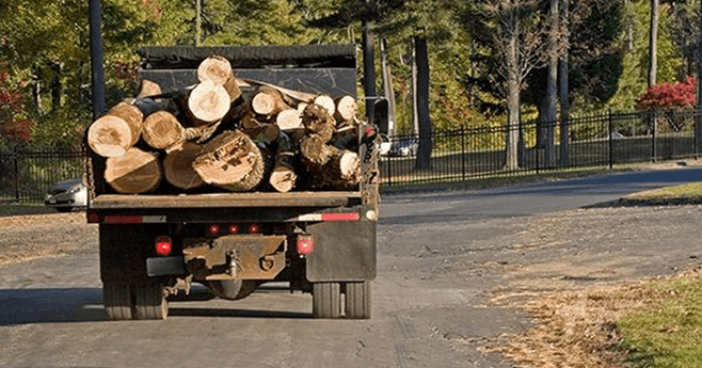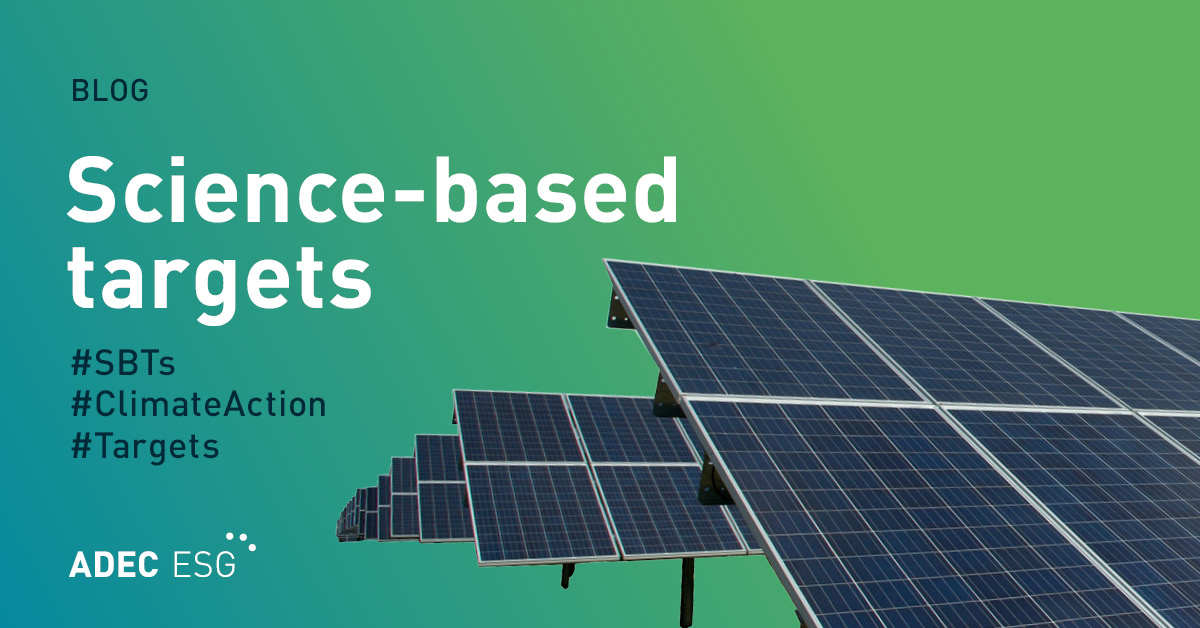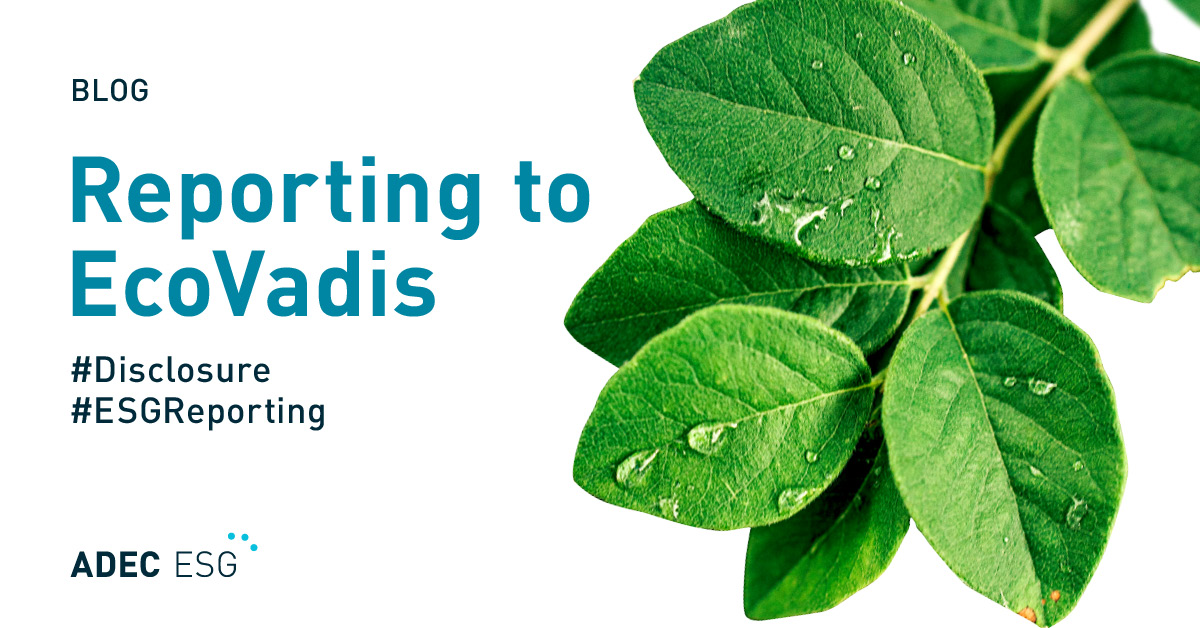Deforestation in Company Supply Chains
Deforestation and climate change are worldwide problems. If not addressed they can have serious ramifications on businesses. Deforestation is a contributor to carbon emissions by destroying the world’s natural carbon sink and thereby contributing to climate change. Up to 2010, there was a net forest loss of 6.2 million hectares per year. As major sources of deforestation and emissions, businesses must seriously address both issues in their operations and supply chains. According to the Paris Agreement and the UN 2030 Agenda for Sustainable Development, a sustainable economy is not achievable without the committed involvement of businesses. However, this in turn is not possible without an enabling environment created by the right policies.
A Virtuous Circle Turns the Tide
As the right public policies encourage and enable businesses to act, governments can build upon the momentum and set ever more ambitious plans to reduce deforestation and climate change. CDP recommends five important actions:
Commit to zero-deforestation at a national level
CDP cites the New York Declaration on Forests as an example. This is a joint effort of public and private sector groups to provide countries, sub-national governments, companies, indigenous groups and NGOs with ambitious global targets to protect forests and end natural forest loss by 2030. Its goals are relevant to business. For instance, Goal 2 is the elimination of deforestation from agricultural commodity supply chains. It has ten ambitious goals that it tracks and measures.
Work on governance through bilateral agreements
In 2003, the EU adopted the Forest Law Enforcement Governance and Trade (FLEGT), an action plan to address illegal logging and associated trade. As one of its measures, it provides licenses that facilitate the movement of sustainably harvested timber and prevent illegally harvested timber and timber products from entering the EU market. These licenses go hand-in-hand with Voluntary Partnership Agreements, which act as binding trade agreements between the EU and timber-exporting countries.
Treat REDD+ as an opportunity for national compliance with Paris and the SDGs
Businesses can tap REDD+ (Reducing Emissions from Deforestation and Forest Degradation in Developing Countries) activities for investment opportunities that can add value to supply chains. It is an international mechanism to help stop deforestation and climate change. REDD+, through the cooperation of different stakeholders, is a framework that will financially reward the sustainable use and preservation of forests in developing countries.
Embrace innovative Public-Private Partnerships
The Tropical Forest Alliance (TFA) is a global public-private partnership that brings together government, private sector and civil society organizations to halt and mitigate deforestation caused by the production of palm oil, beef, soy, and pulp and paper. For instance, the alliance includes a joint initiative between the Netherlands and companies like Nestle and Mars to reduce deforestation driven by commodities.
Explore jurisdictional landscape approaches
This measure includes empowering sub-national governments to meet environmental goals free from interference or overlap with national government regulations.
Shifting to an economy without deforestation and climate change comes with a price. No one knows this sacrifice better than businesses. Sticking with business-as-usual, however, may come with a steeper price. With policies that enable businesses to confront deforestation and climate change in their supply chains, businesses can make a positive shift towards creating a better, more sustainable economy.
ADEC ESG is a leading provider of sustainability solutions, with expertise in delivering fully-integrated consulting, software and data management services. To stay current on global sustainability issues, subscribe to our monthly newsletter, GreenWatch.




